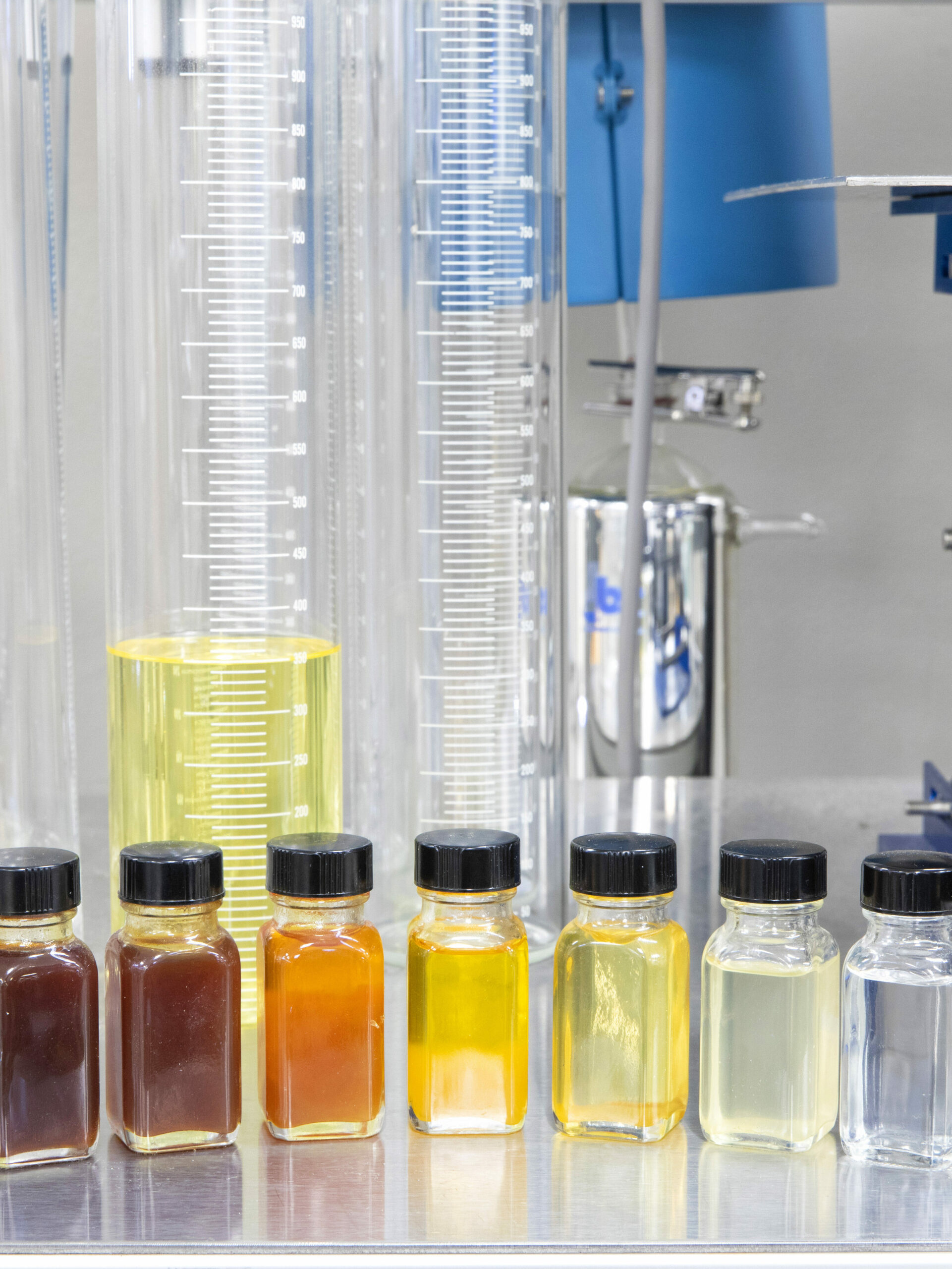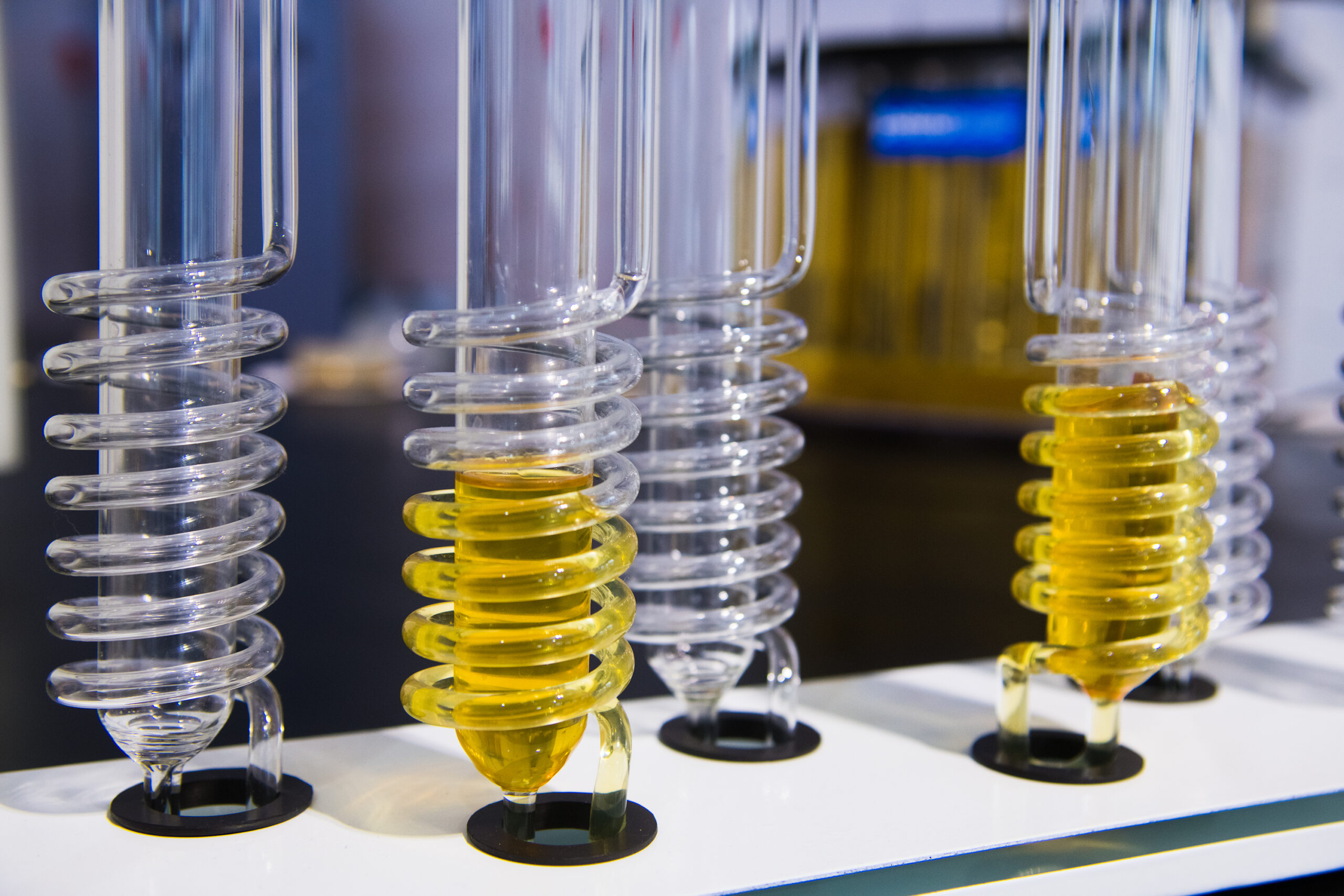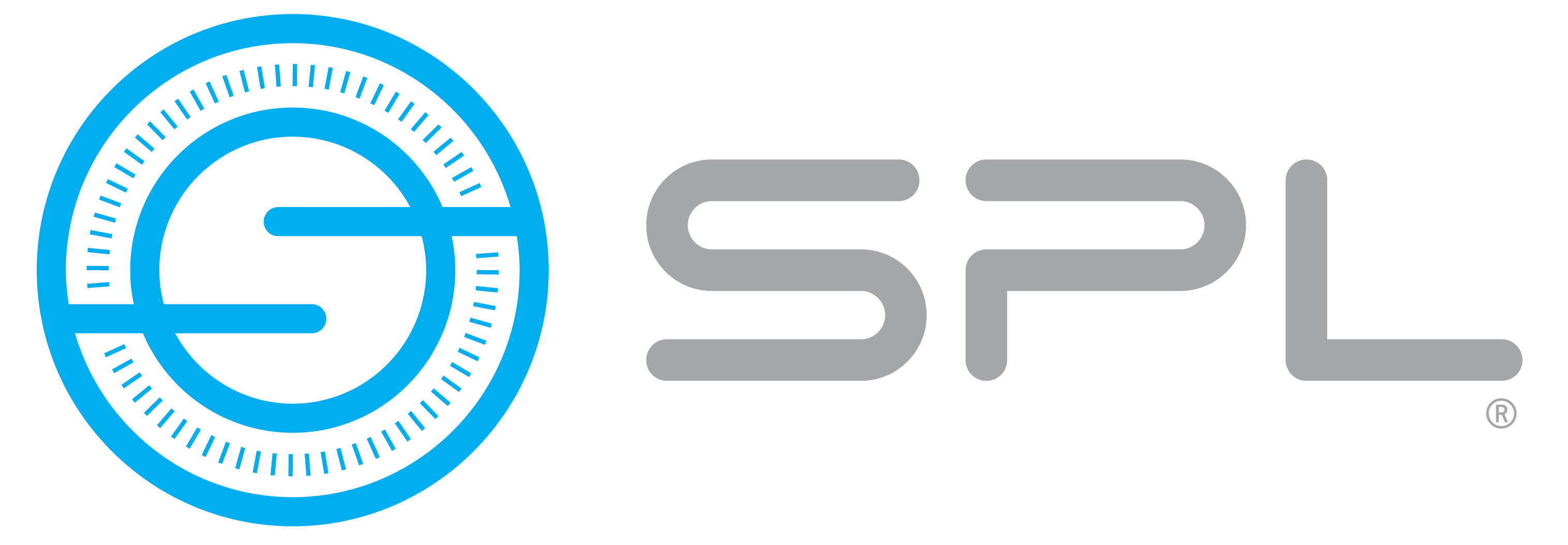A leader in analytical service.
SPL has been a leader in analytical testing since 1944, pioneering several of today’s industry-standard testing methods commonly used by labs worldwide. With more than 1000 available tests and 120+ laboratory analysts, SPL is committed to providing our customers with highly accurate results that they can trust.
DELIVERING PRECISE LABORATORY SOLUTIONS TO EMPOWER THE ENERGY INDUSTRY.
In an industry driven by precision and innovation, our highly-specialized laboratories and experienced SME’s are dedicated to providing analytical excellence. We tailor our services to meet your specific needs, ensuring your operations are not just efficient, but regulatory and contractually compliant.
SPL labs have the in-house capability to perform over a thousand test methods allowing us to be your one-stop shop for best-in-class analytical capabilities of hydrocarbon products. Are you interested in streamlining your operations? Look into our Lab as a Service option.

We specialize in the meticulous analysis of hydrocarbons, providing vital insights for our industry. Our top-notch facilities and team are dedicated to delivering the most accurate results. From crude oil to refined products, we ensure the highest quality standards are met, so you can power the world with confidence.

Our labs provide precise fuel and lubricant analysis, ensuring quality and performance in aerospace, automotive, and energy sectors. For lubricants, we offer quality control and R&D testing tailored to your specific application. Let SPL be your partner for seamless fuel and lubrication system operation, enhancing asset longevity and efficiency.

FLOW ASSURANCE & ASSET INTEGRITY
Whether you are implementing complex subsea infrastructure, accounting for abstract possibilities, or producing on-spec chemicals to ensure flow optimization, we can help. Our SME’s are ready to provide specialized solutions to help you maintain operational integrity, increase your bottom line, reduce downtime, and improve reliability.
Corporate Headquarters
24 Waterway Ave. Ste. 375
The Woodlands, TX 77356
info@spllabs.com

